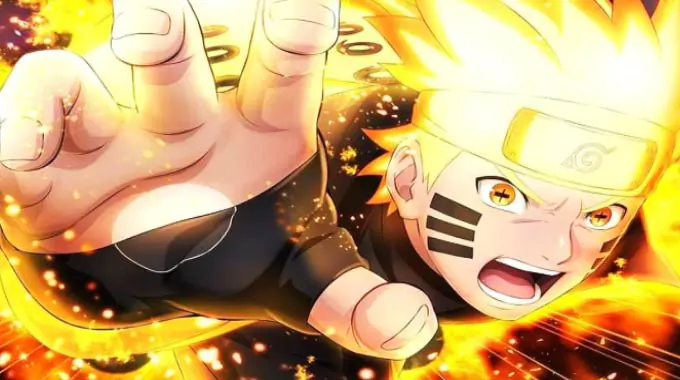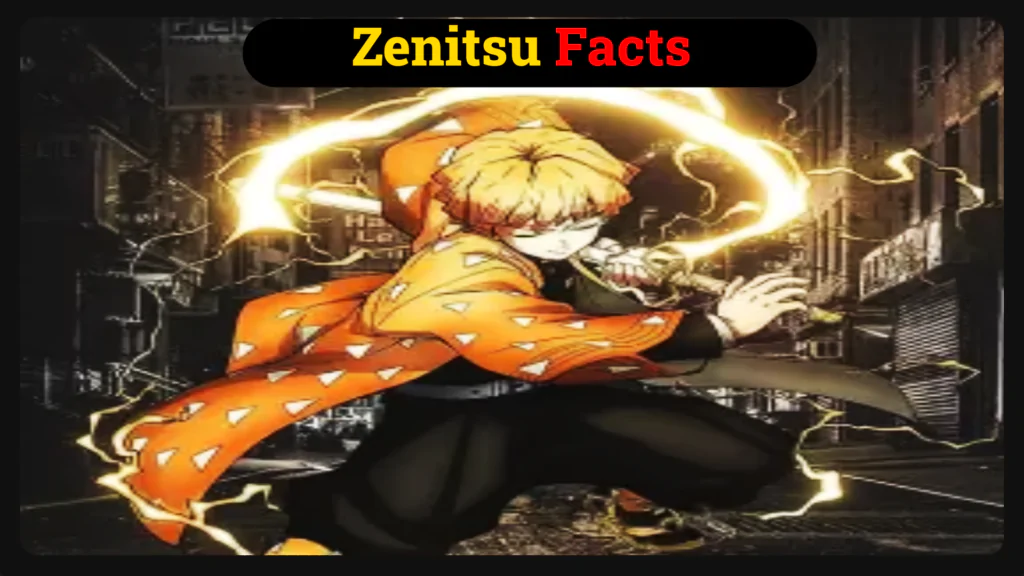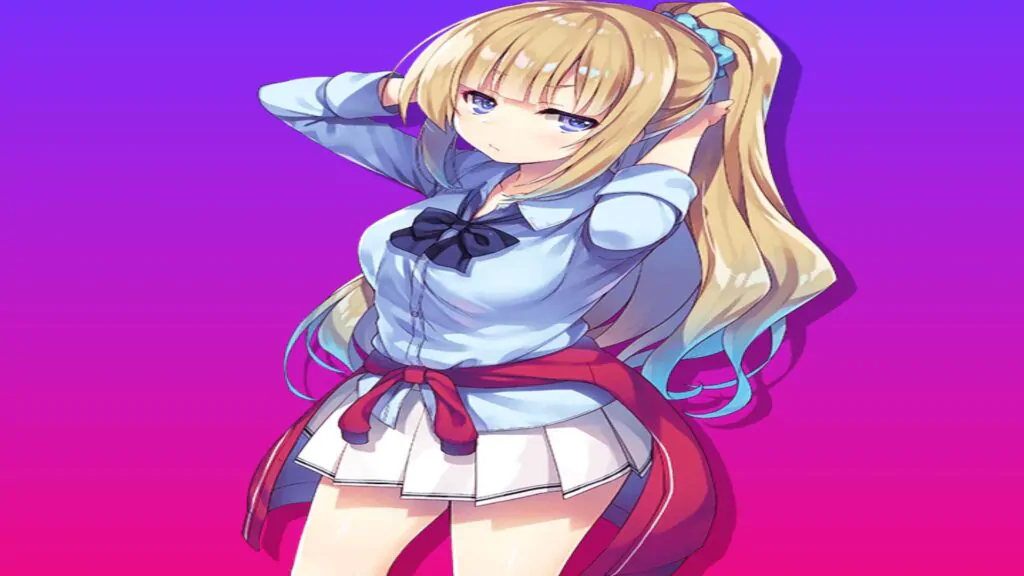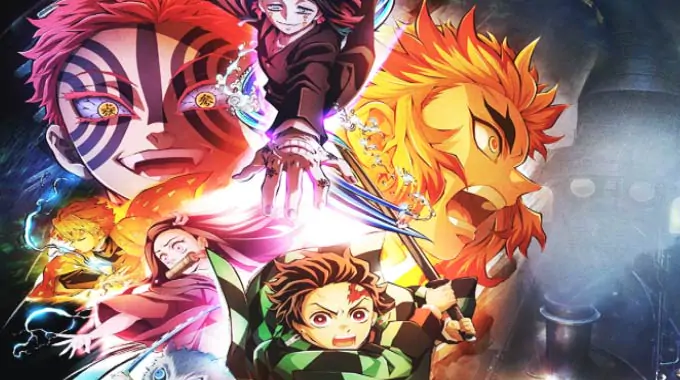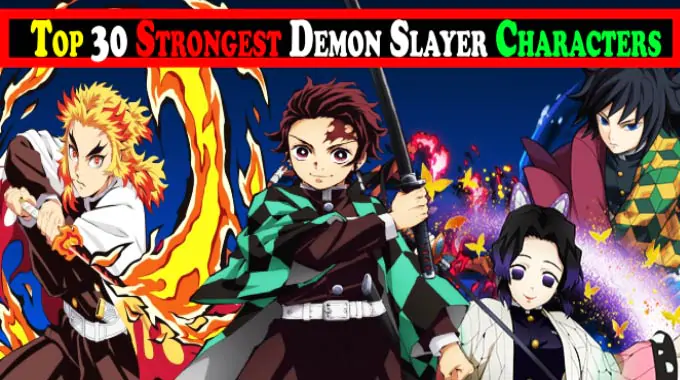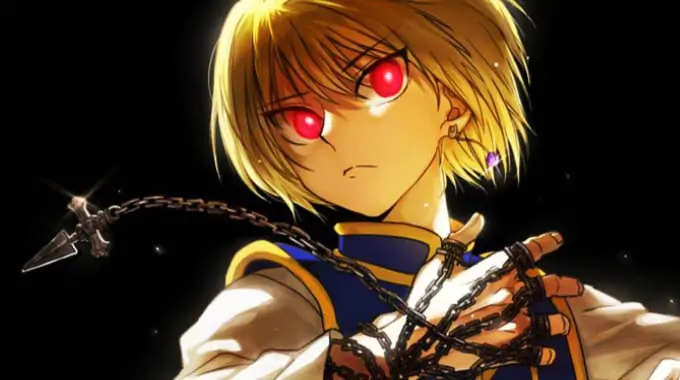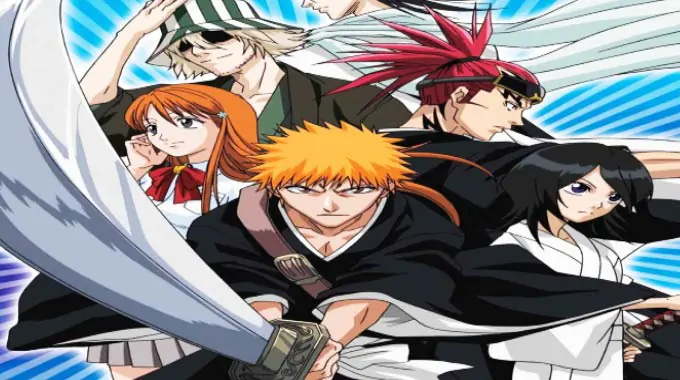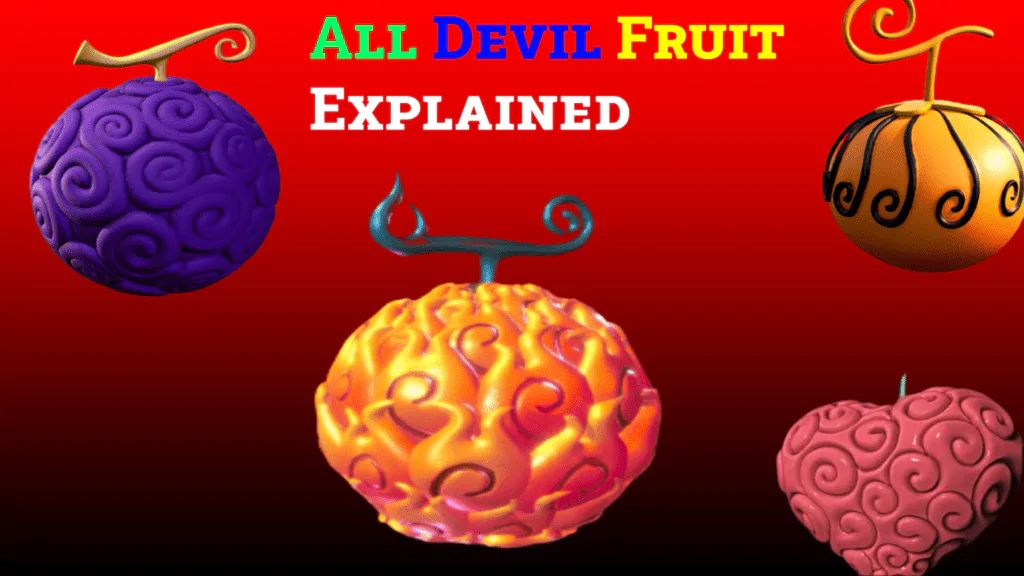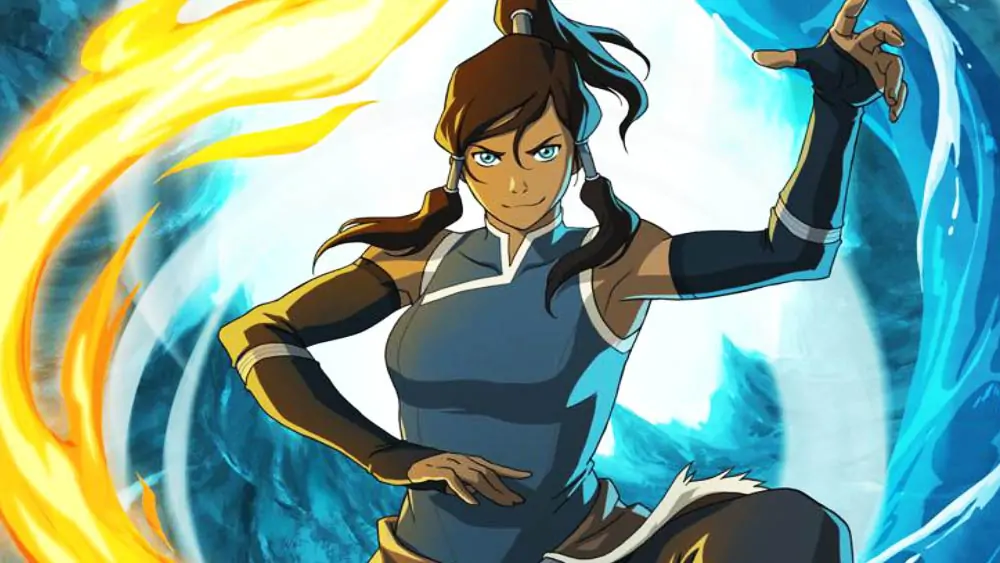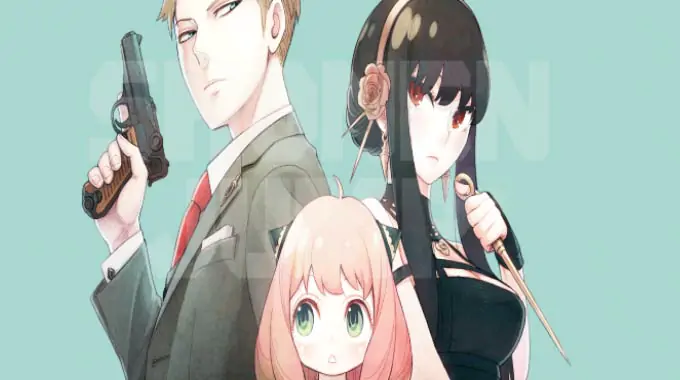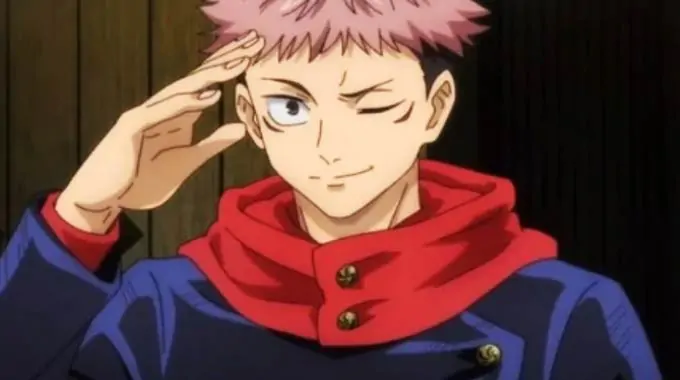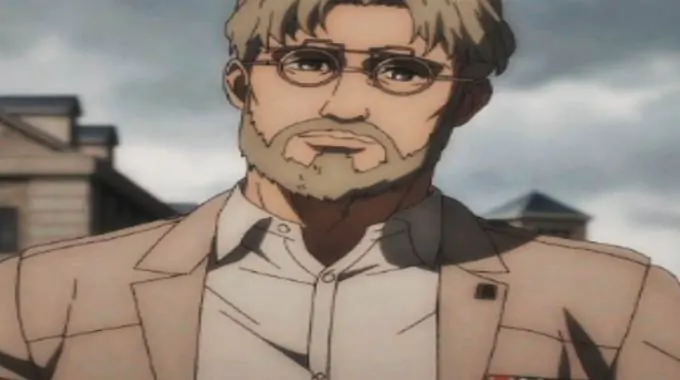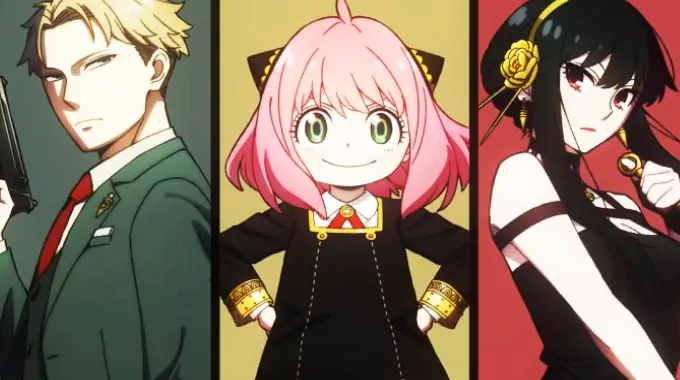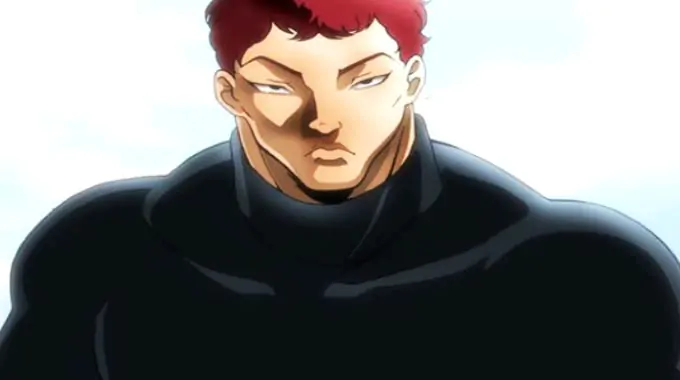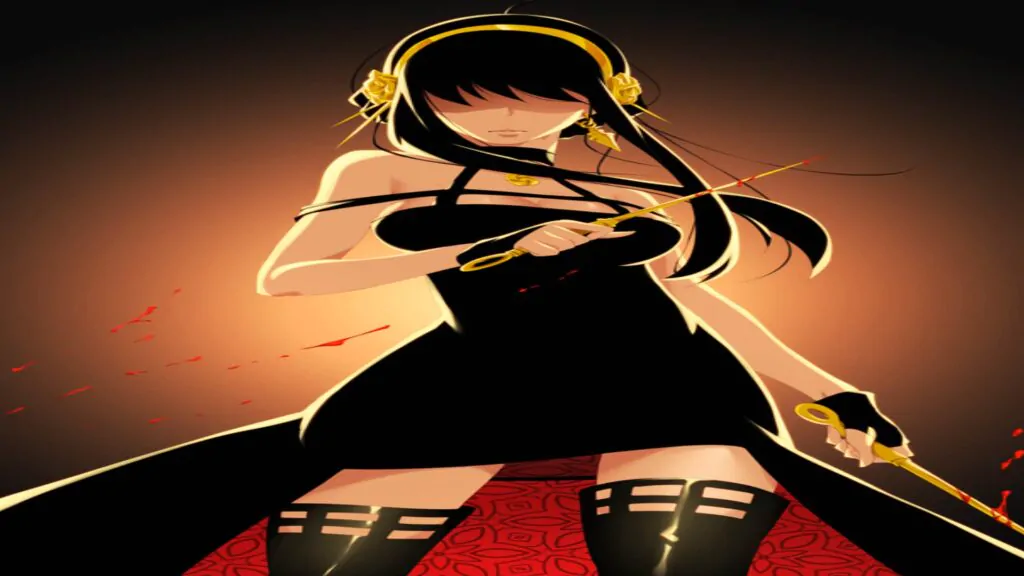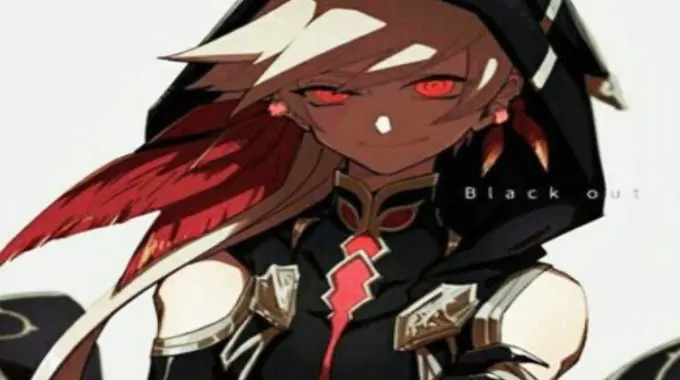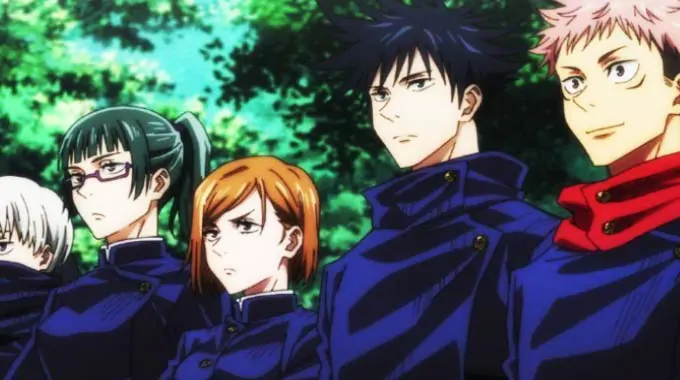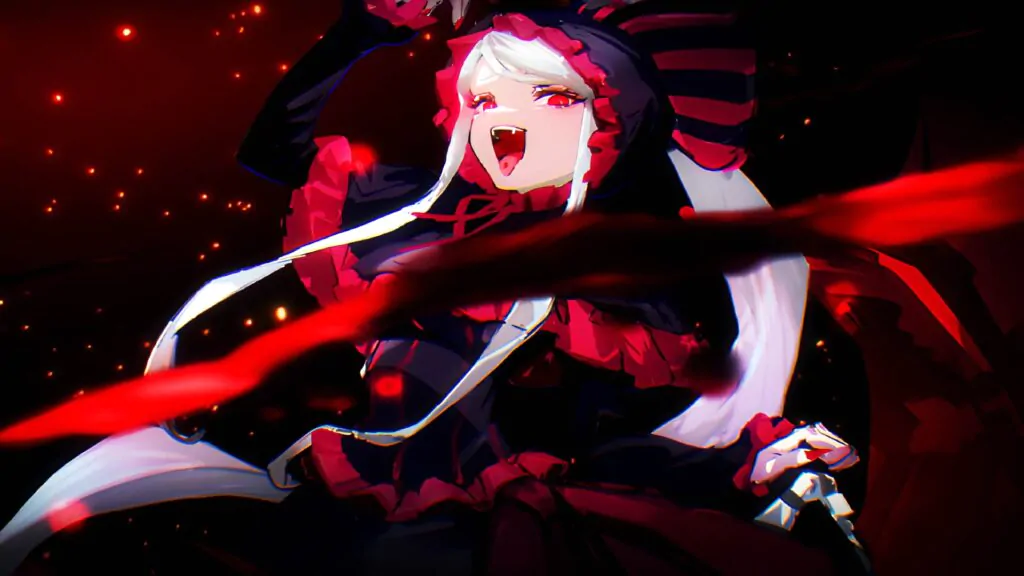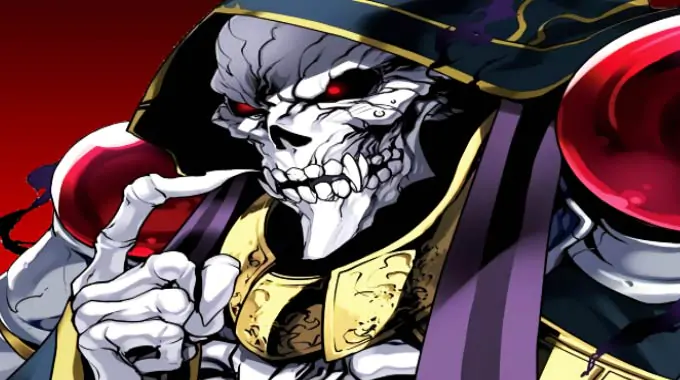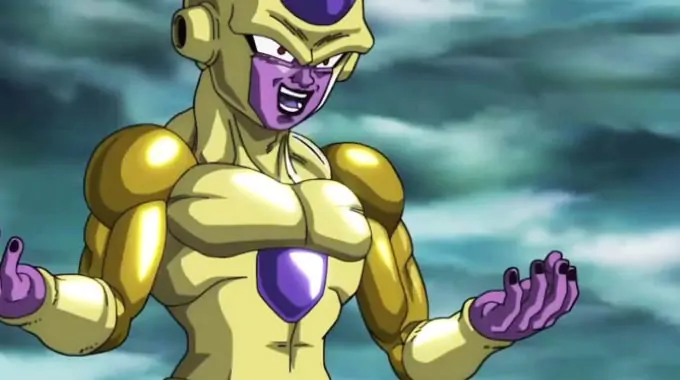List of My Hero Academia facts:-
My Hero Academia is a Japanese manga series written and illustrated by Kohei Horikoshi.
The manga series began serialization in Weekly Shonen Jump in July 2014.
The anime adaptation of the series premiered in April 2016.
The series takes place in a world where people have superpowers known as Quirks.
The main character, Izuku Midoriya, was born without a Quirk, but he dreams of becoming a hero.
Izuku’s hero name is “Deku,” which was originally an insult given to him by his childhood bully.
The name “Deku” also has a deeper meaning in Japanese, representing the concept of being able to do anything one puts their mind to.
The series is known for its diverse and memorable cast of characters, including Bakugo Katsuki, Todoroki Shoto, and All Might.
All Might is the world’s greatest hero and serves as a mentor to Izuku.
All Might’s hero name is a play on the phrase “I am here.”
The series has been praised for its portrayal of themes such as heroism, friendship, and overcoming obstacles.
The series has also been criticized for its portrayal of female characters and its treatment of mental health issues.
The series has inspired several spin-offs, including My Hero Academia: Vigilantes and My Hero Academia Smash!!.
My Hero Academia has won several awards, including the Sugoi Japan Award for manga in 2017.
The series has been licensed for an English-language release by Viz Media.
The English dub of the anime series is produced by Funimation.
The series has been adapted into several video games, including My Hero One’s Justice and My Hero Academia: Battle for All.
The series’ soundtrack has been composed by Yuki Hayashi, who has also composed music for anime such as Haikyuu!! and Death Parade.
The series’ opening theme song for the first season, “The Day,” is performed by Japanese rock band Porno Graffitti.
The series’ second season features the opening theme song “Peace Sign” by Japanese musician Kenshi Yonezu.
The series’ third season features the opening theme song “Odd Future” by Japanese band Uverworld.
The series’ fourth season features the opening theme song “Polaris” by Japanese band Blue Encount.
The series’ fifth season features the opening theme song “No.1” by Japanese band DISH.
The series’ manga has been published in English by Viz Media since 2015.
The manga has been released in several countries outside of Japan, including the United States, France, and Italy.
The manga has sold over 50 million copies worldwide as of 2021.
My Hero Academia has been adapted into stage plays in Japan.
The series has also been adapted into a live-action film, which is set to be released in Japan in August 2023.
My Hero Academia has a strong fanbase around the world, with many cosplayers and fan artists creating their own interpretations of the characters.
The series’ creator, Kohei Horikoshi, has cited superhero comics such as Spider-Man and Batman as influences on his work
The series has been adapted into a number of light novels, which explore the backstories of various characters.
My Hero Academia has been praised for its strong sense of world-building, with each character having their own unique backstory and motivations.
The series’ anime adaptation has been produced by studio Bones, which is known for its work on anime such as Fullmetal Alchemist and Soul Eater.
The series’ opening and ending theme songs are often fan favorites and are frequently covered by other musicians and performers.
The series has been praised for its emotional moments, which can range from heartwarming to heartbreaking.
The series’ villainous characters, such as Tomura Shigaraki and Overhaul, are often as complex and interesting as the heroes.
The series’ depiction of the media’s role in hero society has been praised for its commentary on real-world issues such as bias and sensationalism.
The series’ depiction of society’s reaction to people with disabilities has also been praised for its sensitivity and thoughtfulness.
My Hero Academia has been referenced in popular media, such as the Netflix series Stranger Things.
The series has inspired a number of fan-made games, animations, and comics.
The series has been dubbed in a number of languages, including English, Spanish, Portuguese, and German.
My Hero Academia has been compared to other popular superhero media, such as the Marvel Cinematic Universe and the X-Men comics.
The series has been criticized for its sometimes over-the-top use of fan service, particularly in its depiction of female characters.
The series has been praised for its use of humor, which helps to balance out its more serious moments.
The series’ manga has been serialized in several languages, including French, Italian, Korean, and Chinese.
The series has spawned a number of merchandise lines, including action figures, clothing, and accessories.
The series has been adapted into a mobile game, My Hero Academia: The Strongest Hero.
The series has been praised for its diverse representation, with characters of different ethnicities, body types, and gender identities.
The series’ fight scenes are often praised for their creativity and intensity.
The series has been adapted into a number of stage plays, which have been performed in Japan and other countries.
The series’ creator, Kohei Horikoshi, has been praised for his character designs, which are distinctive and memorable.
The series’ anime adaptation has been broadcast in over 100 countries.
My Hero Academia has been praised for its portrayal of mental health issues, particularly in its depiction of the character Himiko Toga.
The series has been referenced in other anime and manga, such as the series Assassination Classroom.
The series has been praised for its handling of LGBTQ+ characters, such as the character Midnight.
The series has been adapted into a number of spin-off manga, including My Hero Academia: School Briefs and My Hero Academia: Team-Up Missions.
The series has been praised for its use of color and shading in its artwork.
The series has inspired a number of fan theories, which speculate about the future of the story and the nature of the characters’ powers.
My Hero Academia has been adapted into a number of audio dramas, which explore various aspects of the series’ world and characters.
The series’ popularity has led to a number of collaborations with other brands, such as the clothing company Uniqlo and the mobile game Dragon Quest.
.
My Hero Academia has won several awards, including the Harvey Award for Best Manga in 2019 and the Crunchyroll Anime Award for Best Boy in 2018.
The series’ creator, Kohei Horikoshi, has cited American comic books as a major influence on his work.
My Hero Academia has been compared to other popular shonen anime/manga, such as Naruto and One Piece.
The series has been praised for its well-developed and relatable characters, with many fans having strong emotional connections to them.
My Hero Academia has been adapted into a number of video games, including My Hero One’s Justice and My Hero Academia: Smash Tap.
The series’ popularity has led to a number of collaborations with other anime/manga, such as Haikyuu and Kinnikuman.
The series has been praised for its use of foreshadowing and world-building, with many details in early chapters becoming important later on.
The series has been adapted into a number of drama CDs, which feature the voice actors performing original stories.
The series has been praised for its diverse range of powers and abilities, which include everything from fire-breathing to shapeshifting.
My Hero Academia has been translated into several languages, including Thai, Indonesian, and Vietnamese.
The series has been criticized for its portrayal of female characters, with some fans arguing that they are overly sexualized or underdeveloped.
My Hero Academia has been praised for its positive messages about friendship, hard work, and self-improvement.
The series has been adapted into a number of novels, including light novels and manga spin-offs.
My Hero Academia has been praised for its portrayal of disabled characters, with some fans appreciating the representation and others criticizing the way the characters are depicted.
The series has been praised for its use of music, with many fans enjoying the opening and ending themes as well as the background music.
My Hero Academia has been adapted into a stage musical, which premiered in 2019.
The series has been praised for its fight choreography, with many fans enjoying the dynamic and creative battles.
The series has been criticized for its treatment of certain characters, such as Bakugo, who some fans argue is given too much focus.
My Hero Academia has been referenced in other anime/manga, such as Attack on Titan and Dr. Stone.
The series has been praised for its depiction of heroism, with some fans appreciating the exploration of what it means to be a hero.
My Hero Academia has been adapted into a number of mobile games, including My Hero Academia: Strongest Heroes and My Hero Academia: Smash Rising.
The series has been praised for its use of symbolism, with many fans analyzing the significance of certain character designs or plot points.
My Hero Academia has been adapted into a number of art books, which feature concept art, character designs, and other behind-the-scenes information.
The series has been criticized for its pacing, with some fans arguing that the story moves too slowly or that certain plot points are dragged out.
The series has been praised for its portrayal of family relationships, with many fans appreciating the complex and nuanced interactions between characters.
My Hero Academia has been referenced in popular culture, such as the YouTube series Epic Rap Battles of History.
The series has been praised for its use of humor, with many fans enjoying the comedic moments as well as the more serious ones.
My Hero Academia has been praised for its exploration of moral gray areas, with some fans appreciating the way the series challenges traditional notions of heroism and villainy.
The series has been criticized for its lack of LGBTQ+ representation, with some fans arguing that the series has not done enough to depict queer characters or address queer issues.
The series has been adapted into an animated movie, My Hero Academia: Two Heroes, which was released in 2018.
My Hero Academia has been praised for its representation of mental health issues, with some fans appreciating the way the series portrays characters coping with anxiety, depression, and trauma.
The series has been criticized for its use of certain tropes, such as the “chosen one” narrative and the “power of friendship.”
My Hero Academia has been adapted into a number of spin-off manga series, including My Hero Academia Smash!!, My Hero Academia: Vigilantes, and My Hero Academia: Team-Up Missions.
The series has been praised for its diverse cast of characters, with many fans appreciating the representation of characters from different backgrounds and with different abilities.
My Hero Academia has been referenced in various media, such as the animated series South Park and the video game Fortnite.
The series has been praised for its use of character development, with many fans enjoying the way characters grow and change over the course of the story.
My Hero Academia has been criticized for its depiction of violence, with some fans arguing that the series glorifies violence or portrays it in a way that is harmful.
The series has been praised for its use of humor, with many fans enjoying the comedic moments as well as the more serious ones.
My Hero Academia has been adapted into an anime series, which has aired multiple seasons since its debut in 2016.
Check This Out…
